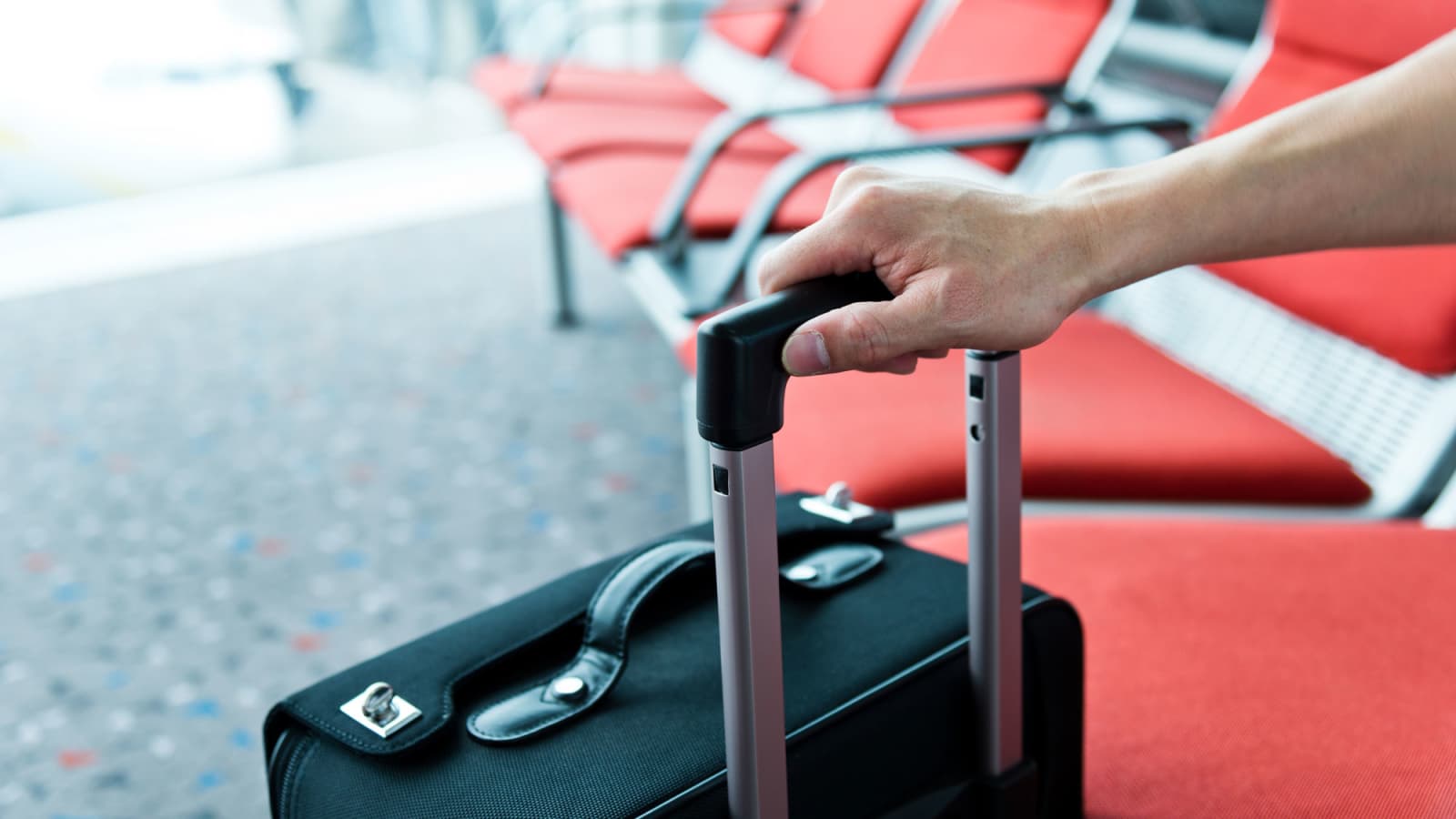In recent years, the tragic consequences of carbon monoxide poisoning incidents during travel have underscored the importance of proactive safety measures for travelers. As individuals increasingly seek accommodations through platforms like Airbnb and traditional hotels, the absence of carbon monoxide detectors in rental units has become a concerning issue. This article explores the risks of carbon monoxide poisoning during travel and advocates for the adoption of portable carbon monoxide detectors as a crucial safety precaution.
Understanding the Risks of Carbon Monoxide Poisoning
Carbon monoxide (CO) is a colorless, odorless gas produced by the incomplete combustion of carbon-based fuels, such as gas, oil, wood, and coal. Exposure to high levels of CO can lead to carbon monoxide poisoning, a potentially fatal condition that affects millions of people worldwide each year.
The confined spaces and inadequate ventilation commonly found in hotel rooms, rental units, and vacation accommodations increase the risk of carbon monoxide buildup, particularly when fuel-burning appliances, such as furnaces and water heaters, are present. Despite its lethal potential, carbon monoxide is virtually undetectable without the assistance of a functioning carbon monoxide detector.
The Role of Portable Carbon Monoxide Detectors
Portable carbon monoxide detectors serve as an indispensable tool for travelers seeking to mitigate the risks of carbon monoxide exposure during their journeys. These compact devices are designed to alert individuals to unsafe levels of carbon monoxide, providing early warning signs of potential danger.
Why Every Traveler Should Carry a Portable CO Detector
The decision to carry a portable carbon monoxide detector while traveling is a proactive step towards safeguarding oneself and loved ones from the silent threat of carbon monoxide poisoning. Here are compelling reasons why every traveler should consider investing in a portable CO detector:
- Preventive Safety Measure: A portable CO detector serves as a preventive safety measure, offering peace of mind and protection against the invisible dangers of carbon monoxide poisoning.
- Global Travel Concerns: Carbon monoxide poisoning incidents have been reported in various travel destinations worldwide, highlighting the global relevance of portable CO detectors for travelers.
- Regulatory Gaps: In many countries, regulations mandating the installation of carbon monoxide detectors in hospitality establishments are lacking. Travelers cannot rely solely on accommodations to provide this essential safety feature.
- Family Safety: Traveling with family, especially children, underscores the importance of taking extra precautions to ensure their safety and well-being. A portable CO detector can provide added reassurance for families during their travels.
Selecting a Portable CO Detector
When choosing a portable carbon monoxide detector, several factors should be considered:
- Size and Portability: Opt for a compact and lightweight design that is convenient to carry during travel without occupying excessive space in luggage.
- Power Source: Battery-operated detectors offer versatility and reliability, eliminating the need for electrical outlets or power converters, particularly during international travel.
- Durability and Longevity: Select a detector with a durable construction and long-lasting battery life to ensure continuous protection throughout your travels.
Conclusion
Carbon monoxide poisoning poses a significant yet preventable risk to travelers worldwide. By equipping themselves with portable carbon monoxide detectors and adhering to safety best practices, travelers can mitigate this threat and enjoy their journeys with greater peace of mind. Investing in personal safety measures, such as portable CO detectors, empowers travelers to prioritize their well-being and ensure a safe and memorable travel experience.

